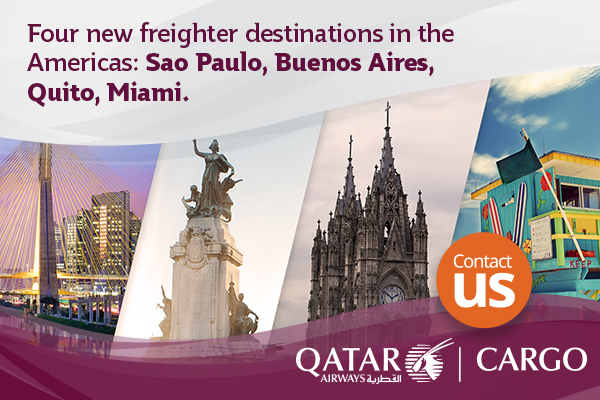 |
 |
 #INTHEAIREVERYWHERE |
| Vol. 16 No. 28 | Wednesday
March 22, 2017 |
Viewing TPP Exit But
for many, pulling out of the Trans-Pacific
Partnership (TPP) was an open invitation
from the U.S. for China to take its
mantle as the leader of global trade
policy. And policies (and tweets)
that create uncertainty about the
U.S.-EU relationship and the future
of NAFTA, and raise the possibility
of a trade war with China, are treated
with incomprehension.
Peeking Through Fingers A
leading forwarder based in Europe
said he was watching the Trump Presidency
“through his fingers.”
Trying To Focus Ocean shipping analyst Drewry said it was hard to analyze the new administration’s trade intentions at this early stage, but predicted Trump would continue to make protectionist anti-FTA noises (digitally and verbally), and that the U.S. would backtrack from entering into any broad agreements like the Transatlantic Trade and Investment Partnership (TTIP).
No Shots Through The Foot However,
Drewry said it was unlikely the Trump
administration would introduce any
legislation that might harm U.S. trade
competiveness and risk job losses
and higher prices at home.
Cannot Win Trade War
Air Cargo Weathered Eye |
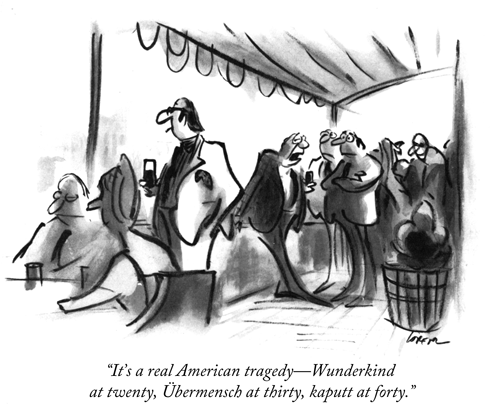 |
Just ahead of its annual Headquarters Session in Zurich on March 31, The International Federation of Freight Forwarders Associations (FIATA) announced 31 new members had joined the organization in February 2017. Ghana topped the list with the most companies added from one country. But the draw to join FIATA (founded nearly 91 years ago in Vienna) is increasing, as companies of all sizes large and small from more than 23 countries including Brazil, China, the United States, Cameroon, Finland, and elsewhere continue to join the diverse and global membership base of 40,000 forwarding and logistics firms, employing around 10 million people in some 160 countries. In 2017, FIATA is the largest freight forwarder organization in the world. FIATA has consultative status with the Economic and Social Council (ECOSOC) of the United Nations (inter alia ECE, ESCAP, ESCWA, etc.), the United Nations Conference on Trade and Development (UNCTAD), and the UN Commission on International Trade Law (UNCITRAL) as well as many other UN related bodies, e.g. the World Bank. IATA recognizes FIATA as representing the global freight forwarding industry, as does the European Commission (through CLECAT), the International Chamber of Commerce (ICC), the International Union of Railways (UIC), the International Road Transport Union (IRU), the World Customs Organization (WCO), the World Trade Organization (WTO), and others. Membership Info: www.fiata.com Geoffrey |
 |
|
A
slew of factors helped elongate
last year’s peak season and
could bring further prosperity in
2017, according to one of Europe’s
leading cargo airlines. Charters Down But Business Up There was also less charter activities last year in key Asian markets such as Hong Kong due to a new air traffic control system that saw the Hong Kong Civil Aviation department reduce its granting of ad hoc charters, and in Shanghai where, in echoes of the last few ‘peak’ seasons, air traffic congestion saw supply reduced and some services were transferred to second tier cities such as Zhengzhou. Hanjin Impact The spokesperson also said the impact of the bankruptcy of Korean container line Hanjin Shipping in August had prompted some ocean cargo to be shifted to air, while the devaluation of the Chinese Yuan also boosted exports. Year 2017 Off To A Good Start
Moving ahead to 2017, AFKLMP’s
flights from Europe were “currently
showing good load factors all across
the board.” Flower Power 2017
For example, in a five-week period
(February - March 2017), around
5,000 tons of flowers originating
from well-known leading production
and export countries like Kenya,
Ecuador, and Colombia were flown
to Europe. Love In Bloom
In 2016, AFKLMP Cargo shipped more
than 60,000 tons of flowers from
Kenya, Zimbabwe, Ecuador, and Colombia
to Schiphol, proclaimed Marcel de
Nooijer, Executive Vice President
AF/KL/MP Cargo.
It’s worth noting that Marcel de Nooijer (48) was appointed Executive Vice President of Air France-KLM Cargo on December 16, 2016. Marcel has been with KLM since 1995 and has been EVP of KLM Cargo since 2013. He previously held various commercial and operational posts, including that of managing director at Martinair Holland. Holland Flower Alliance
“Last year AFKLMP Cargo was
a driver that together with Amsterdam
Airport Schiphol and Royal FloraHolland
helped form the ‘Holland Flower
Alliance,’” Mr. Marcel
said, adding: Final Word
“While volumes will outshine
2016 numbers, the pressure on prices
will continue and will further pressurize
the declining airline yields.” |
 |
If
You Missed Any Of The Previous 3 Issues
Of FlyingTypers Access complete issue by clicking on issue icon or Access specific articles by clicking on article title |
||
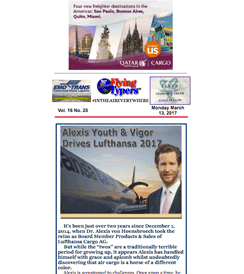 Vol. 16 No. 25 Alexis Youth & Vigor Drives Lufthansa 2017 Chuckles for March 13, 2017 On The Marco World Cargo Symposium Trip Advisor For Air Cargo Delta DASH Goes GPS Letters to the Editor for March 13, 2017 |
 Vol. 16 No. 26 EMO Trans Lands At Amelia Island Chuckles for March 15, 2017 Biggest Infrastructure Project In History Of Turkey Boston Has The Seafood, Mama A Great Day For The Irish |
|
Publisher-Geoffrey
Arend • Managing Editor-Flossie Arend • Film Editor-Ralph Arend • Special Assignments-Sabiha Arend, Emily Arend • Advertising Sales-Judy Miller |
|

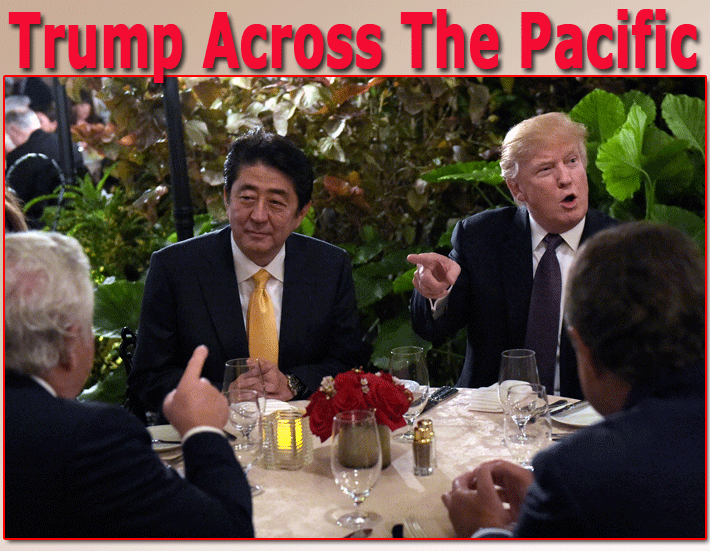
 Nigel Driffield, (left) a Professor
of International Business at Warwick
Business School and a consultant and
researcher for the World Bank, the
European Commission, and several UK
Government Departments, told FlyingTypers
that a trade war with China was a
conflict that President Trump could
not win.
Nigel Driffield, (left) a Professor
of International Business at Warwick
Business School and a consultant and
researcher for the World Bank, the
European Commission, and several UK
Government Departments, told FlyingTypers
that a trade war with China was a
conflict that President Trump could
not win. Certainly, many in the air freight
industry will hope Trump does not
take the advice of Adams Nager, (right)
Economic Policy Analyst at Washington-based
think tank Information Technology
and Innovation Foundation. He argued
earlier this month that any trade
war instigated by the Trump administration
should focus on China—which
generates major volumes of air freight—rather
than neighboring Mexico, which does
not.
Certainly, many in the air freight
industry will hope Trump does not
take the advice of Adams Nager, (right)
Economic Policy Analyst at Washington-based
think tank Information Technology
and Innovation Foundation. He argued
earlier this month that any trade
war instigated by the Trump administration
should focus on China—which
generates major volumes of air freight—rather
than neighboring Mexico, which does
not.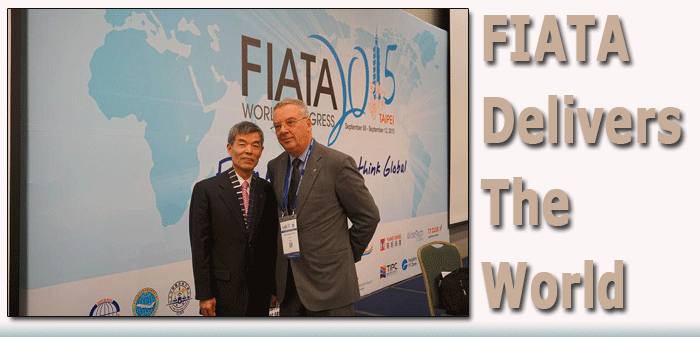 Building
New Membership Worldwide . . .
Conference of International Federation
of Freight Forwarders Associations
(FIATA) President Zhao Huxiang,
Chairman of the Board of Directors
of SINOTRANS & CSC, President
of China International Freight
Forwarders Association (CIFA)
is pictured with FIATA Immediate
Past President and Member of the
Board, Francesco Parisi.
Building
New Membership Worldwide . . .
Conference of International Federation
of Freight Forwarders Associations
(FIATA) President Zhao Huxiang,
Chairman of the Board of Directors
of SINOTRANS & CSC, President
of China International Freight
Forwarders Association (CIFA)
is pictured with FIATA Immediate
Past President and Member of the
Board, Francesco Parisi. 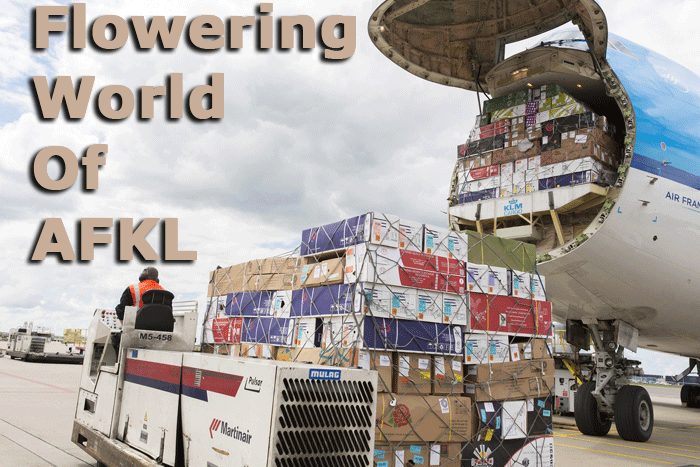
 Marcel
Works Well
Marcel
Works Well